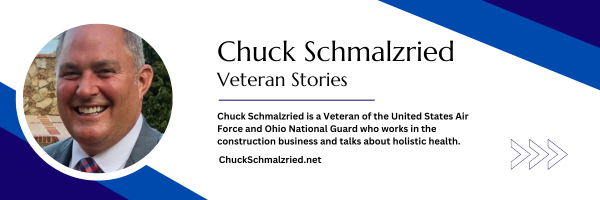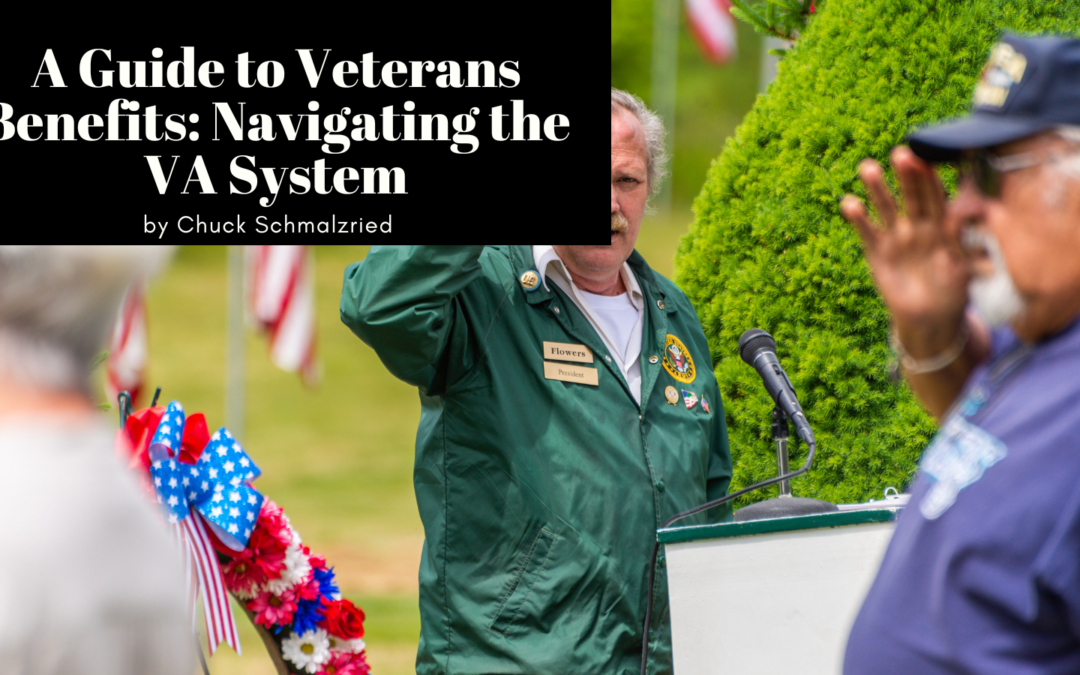As a token of gratitude for their service and sacrifice, veterans in the United States have access to various benefits through the Department of Veterans Affairs (VA). However, navigating the complex VA system can be challenging. This guide provides a roadmap for veterans seeking to understand and access the benefits they rightfully deserve.
Eligibility Criteria: Eligibility for VA benefits varies based on factors such as the veteran’s service period, discharge status, and disability rating. Veterans with honorable discharges and service-connected disabilities typically have broader eligibility. However, it’s essential to check specific criteria for each benefit.
VA Healthcare: The VA provides comprehensive healthcare services for eligible veterans. To access VA healthcare, veterans need to enroll in the system. The enrollment process involves submitting relevant documentation, and once approved, veterans gain access to a network of VA medical facilities and services.
Disability Compensation: Veterans with service-connected disabilities may be eligible for disability compensation. The process involves filing a claim with the VA and providing evidence of the disability’s connection to military service. The disability rating assigned by the VA determines the level of compensation.
Education and Training Benefits: The VA offers education and training benefits, including the GI Bill, which assists veterans with educational expenses. Understanding the specific programs available, eligibility requirements and application processes is crucial for veterans pursuing further education or vocational training.
Home Loans: Veterans may be eligible for VA home loans, which offer favorable terms and conditions. Navigating the VA home loan process involves meeting specific eligibility criteria, obtaining a Certificate of Eligibility, and working with approved lenders familiar with VA loan requirements.
Vocational Rehabilitation and Employment Services: Veterans with service-connected disabilities hindering their ability to find or maintain employment may qualify for vocational rehabilitation and employment services. These programs offer support for career development, training, and job placement.
Survivor and Dependent Benefits: The VA provides benefits for surviving spouses, children, and dependents of deceased veterans. These benefits may include Dependency and Indemnity Compensation (DIC), education assistance, and healthcare coverage. Understanding the eligibility criteria for survivor and dependent benefits is essential for families.
Appeals Process: In cases where a veteran’s benefits claim is denied or disputed, the VA offers an appeals process. Navigating this process involves understanding the reasons for denial, gathering additional evidence, and adhering to specific timelines for filing appeals.

